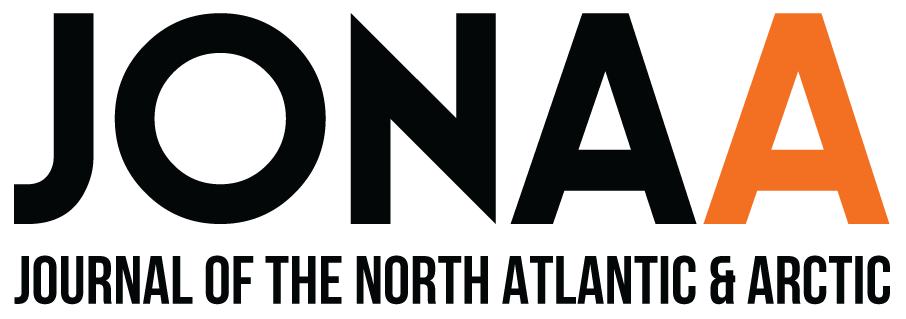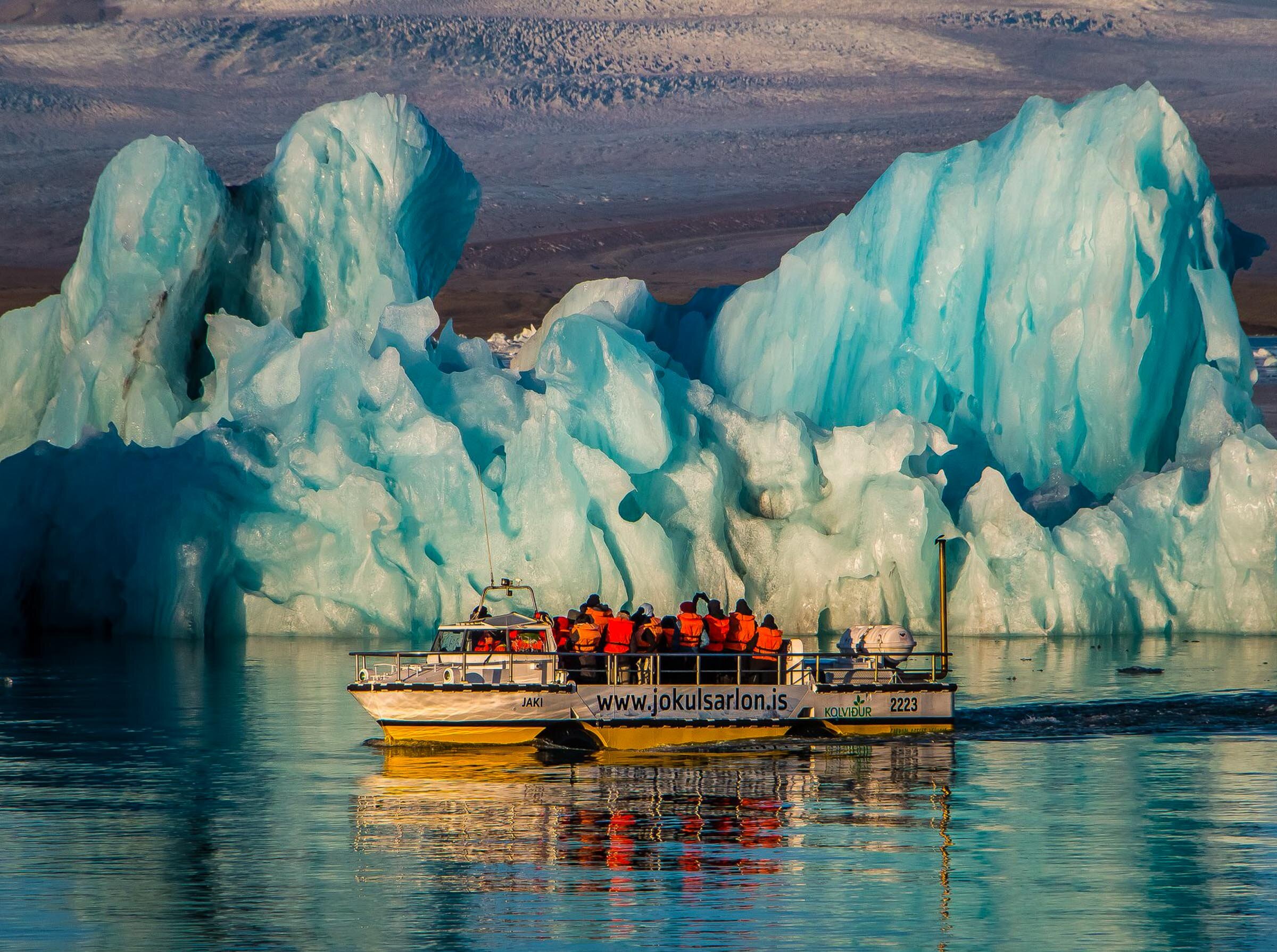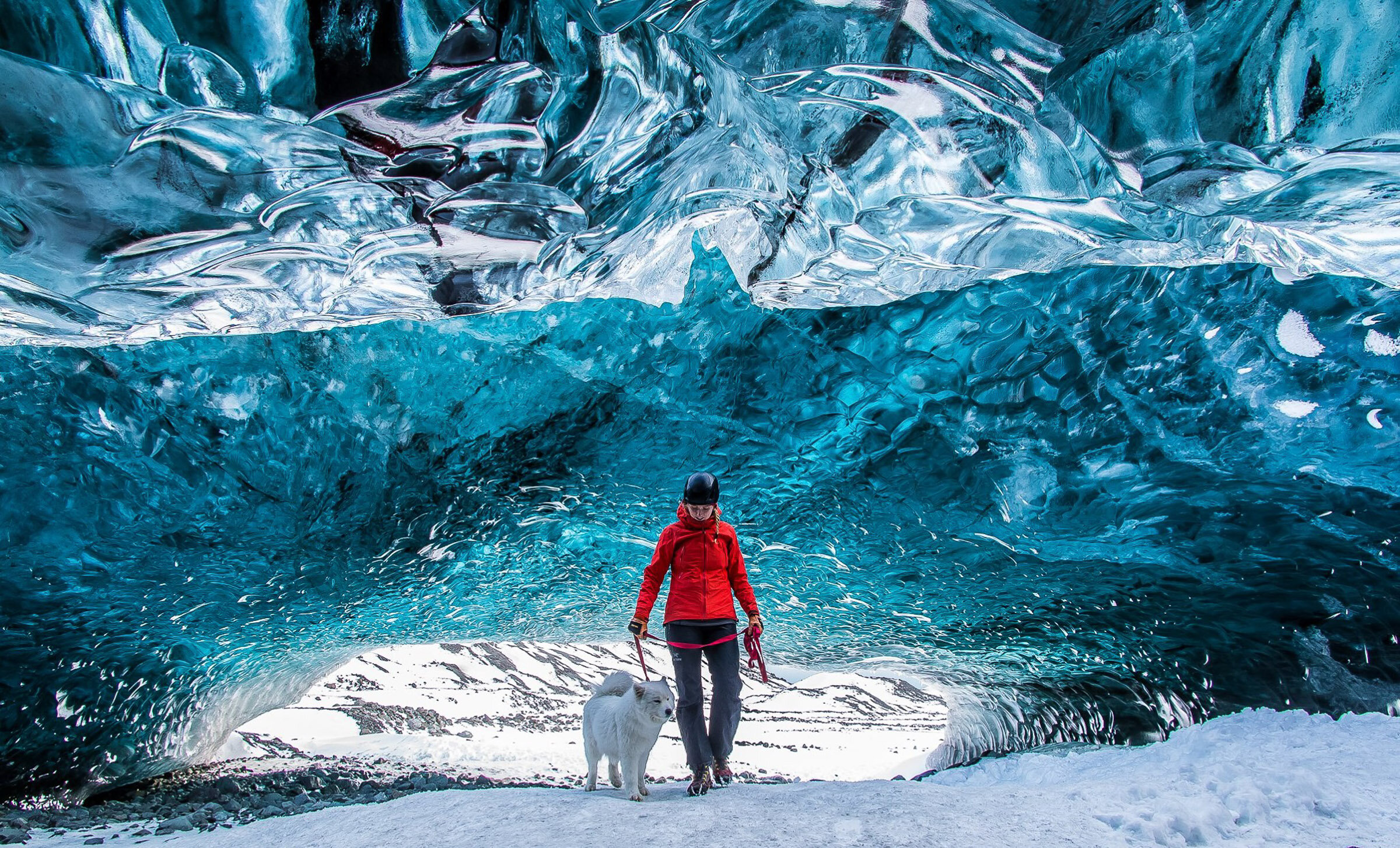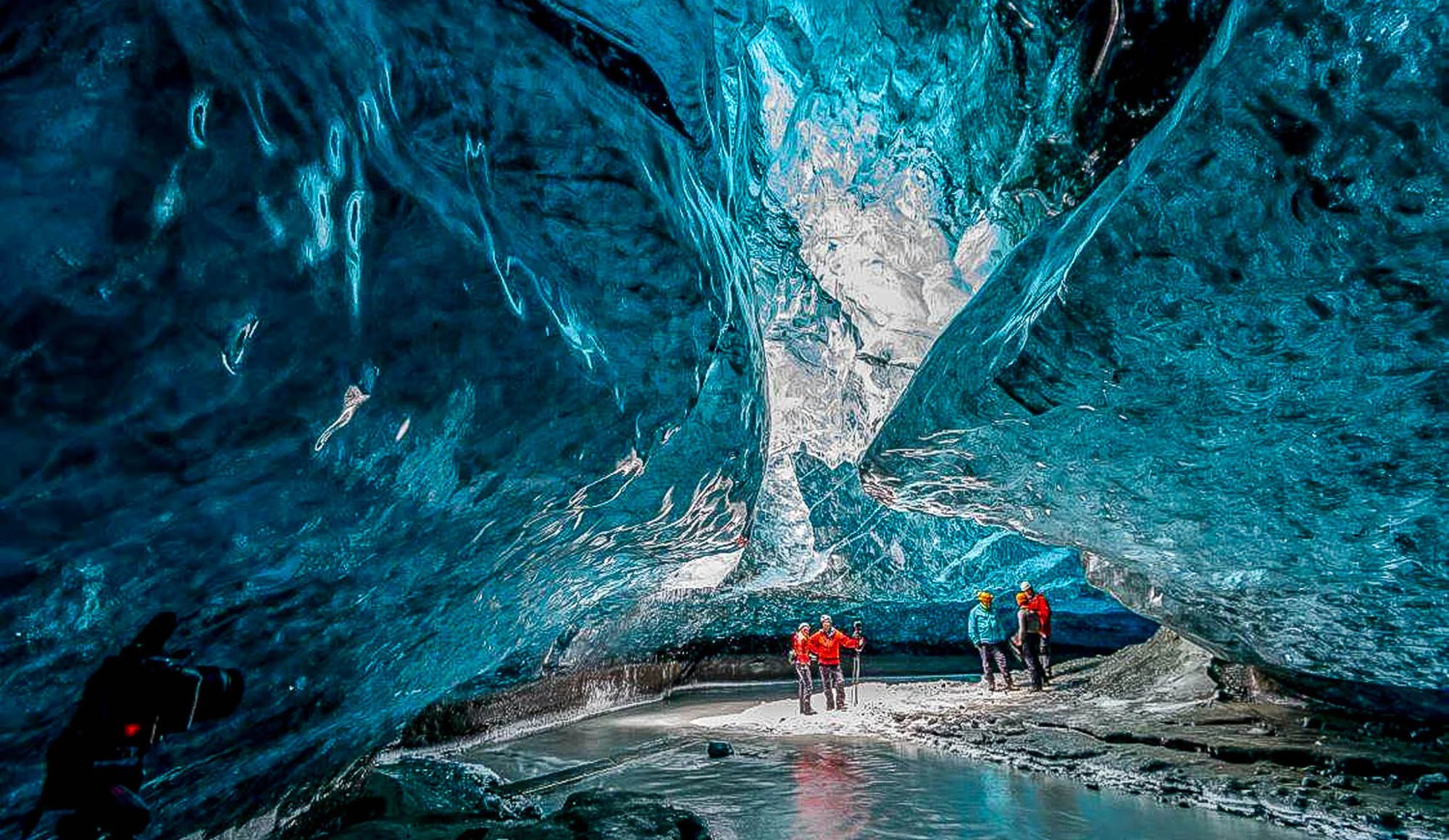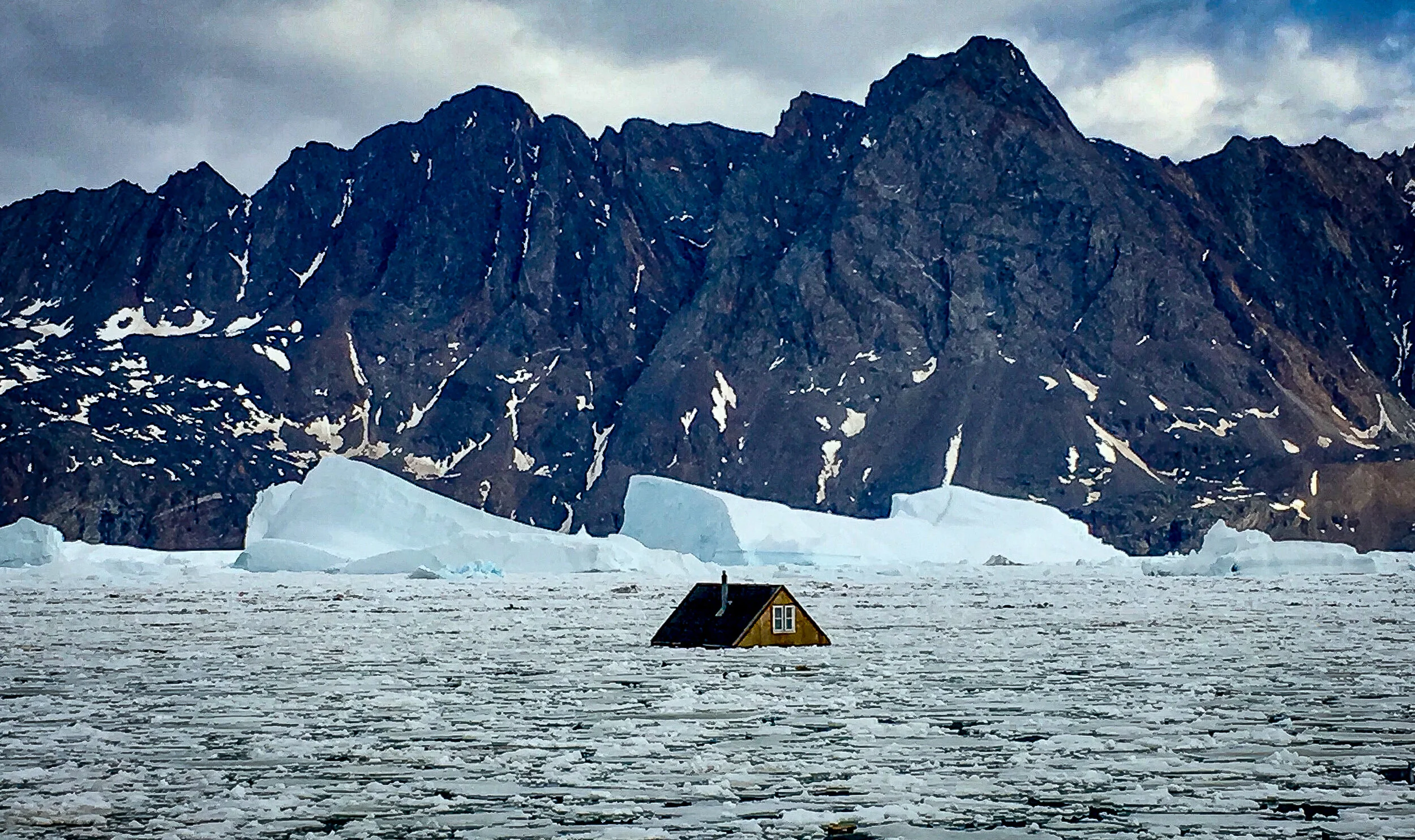Promoting Iceland Becomes A Legal Dispute
ARCTIC TRAVEL / ICELAND
Writer: Vilborg Einarsdottir
Photograps: Agust Runarsson, Eva B. Ægisdóttir, Adriana Pacheco
May 2020
Travel and tourism is the one global industry hit hardest by COVID-19, so far and likely for a long time to come. Slowly countries are revealing plans of lifting travel restrictions and opening borders. Greenland plans to open its borders on June 1st, Iceland has announced June 15th the reopening date for tourists - COVID-19 testing every arrival for free - and the Faroe Islands where entry has been refused to non-resident foreign nationals, advises tourist not to visit until June 30th the earliest.
But announcing the opening of borders alone is unlikely to bring travellers back to the High North in any numbers close to those of pre-COVID-19. Much more is needed.
In Iceland where tourism is predicted to drop 67% this year, one of the governmental stimulus projects set in motion to counteract the economic impact of COVID-19, is a 300 million ISK marketing campaign “Destination Iceland”, to be followed by 1.200 million ISK for media planning abroad. Only, the project has become the centre of controversy, criticism, media debate - and even a lawsuit, as it is being awarded on the narrow margin of 0,82 points out of 100 to M&C Saatchi UK, a company under financial investigation by British authorities. But the selection is being criticized for several other reasons.
Bitter decision for Iceland’s creative industries to swallow
“We can view this decision from different angles and the conclusion is always the same; it is a sad and bitter one for Iceland’s creative industries to swallow. Especially at a time when we are all encouraged to protect Icelandic jobs, choose Icelandic goods and use Icelandic services, and the marketing campaign in question is one of the government’s measures to react to the economic aftermath of COVID-19,” says Halla Helgadóttir, Managing Director at the Iceland Design Centre.
“But it is being awarded to a foreign company that is under investigation by tax authorities and the decision is made on the difference of 0,82 points (out of 100) between the foreign and the Icelandic agency.”
Halla Helgadottir is one of many professionals in the creative industries and the travel industries who have come forward and voiced their opinion on the decision made by Íslandsstofa, Promote Iceland.
Gudmundur Hrafn Pálsson, Chairman of SIA and CEO of Pipar/TBWA. JONAA©Eva B. Ægisdóttir
Halla Helgadóttir, Managing Director of the Iceland Design Center. JONAA©Adriana Pacheco
Selection in a strange spotlight
The foreign agency in question, M&C Saatchi UK, has been covered multiple times in recent months by the Financial Times, The Guardian and other media for “accounting fraud and misstatements” totalling some £11.6m.
“That fact alone puts the whole selection into a strange spotlight, as this is a campaign made to strengthen Iceland’s economy, protect Icelandic jobs and is funded with money from Icelandic taxpayers,” says Gudmundur H. Pálsson, chairman of SIA, the Association of Icelandic Advertisement Agencies and CEO of Pipar/TBWA and Pipar Media ehf, the Icelandic agency that came second in the tender.
“Especially strange,” he adds, “taken into account that we are the one country globally praised for reacting to the financial crisis of 2008 by taking the so called banksters to court and even sending some to prison. Now a governmental institution plans to do business with a company that is under financial investigation it its home country and has admitted to accounting wrongdoings.”
Promote Iceland unaware of the financial investigation
A statement by Íslandsstofa (Promote Iceland) which is in charge of the campaign, reads that Íslandsstofa was not made aware of the financial investigation of M&C Saatchi by authorities in the UK and apparently neither was the Central Public Procurement Office in Iceland, which handles public and EU tenders. That office is now being sued by Pipar Media ehf.
“The fact that M&C Saatchi UK is under financial investigation in the UK is only one of the factors that our litigation is based on,” said Valgeir Magnusson, chairman of the board of Pipar Media ehf in a recent interview. “Amongst other things listed is the fact that bids were to show numbers including Icelandic VAT, but since a foreign company producing services on foreign soil does not pay VAT in Iceland, that alone made the competition uneven.
Then there is the fact that the UK has, according to recent news in The Guardian, awarded contracts with a total value of roughly £1 billion to British companies, using so-called fast-track rules to bypass EU regulations on competitive tenders. In other words they have excluded companies outside the UK from participation and that raises in our opinion ethical questions on whether UK companies should at the same time be allowed to participate in EU tenders,” said Magnusson.
The matter has sparked a debate in Iceland and discussions even reached the podium of Parliament.
Protecting Icelandic jobs in the COVID-19 aftermath
“On the same day as the selection for the Destination Iceland campaign was announced, another campaign was launched, encouraging Icelanders to choose Icelandic goods and services and that way help the economy and protect Icelandic jobs,” says Gudmundur Hrafn Pálsson.
“But this questionable decision does not protect Icelandic jobs in the aftermath of COVID-19 or return taxes from Icelandic jobs. It protects foreign jobs that pay foreign taxes and of the many controversial sides of the matter I think that is the one that has angered people the most here,” says Gudmundur Hrafn.
“There is a certain discrepancy in why the Destination Iceland campaign is being made and who is chosen to make it; where the money is coming from and where the money ends up.”
“Over 6300 companies in Iceland, including most, if not all, our advertisement agencies are using to some extent the Part-Time Unemployment Benefits program, a part of the governmental stimulus package. The package can cover up to 75% of the pay of employees whose job ratio has been reduced because of COVID-19.”
“At Pipar/TBWA and Pipar Media ehf we have used this program to cover 50% of the pay of our 40 full time employees and that way been able to guard employment within the company,” says Gudmundur Hrafn. “It goes without saying that in an unprecedented situation where thousands of companies in a small economy need to use this solution, every project leaving the country is greatly felt.”
“But, at the end of the day a question of 300 million ISK for work on concept, strategy, PR, design and marketing material, rests on 0,82 points out of one hundred. That alone, plus some questionable issues concerning the tender, is reason enough for Pipar Media ehf. to look further into the legal sides of the matter,” says Gudmundur Hrafn Pálsson. “This is the first project of several that our government has announced in the stimulus package that may end up in tenders, so the Destination Iceland project may well set examples for other stimulus projects to come.” ▢
Travellers sightseeing on the iconic Glacier laoon in Iceland. JONAA©Agust Runarsson
Vilborg Einarsdottir is the Editor-in-Chief of JONAA, the Journal of the North Atlantic & Arctic and a JONAA partner & founder. Formally, a journalist for 12 years at Morgunblaðið in Iceland, she has worked since 1996 as a specialised producer of film, photography and media productions on extreme locations in Arctic Greenland and as a cultural producer in the Nordic-Arctic region. She is an awarded film and documentary scriptwriter, experienced project manager, speaker and editor of photography books from the Arctic.
